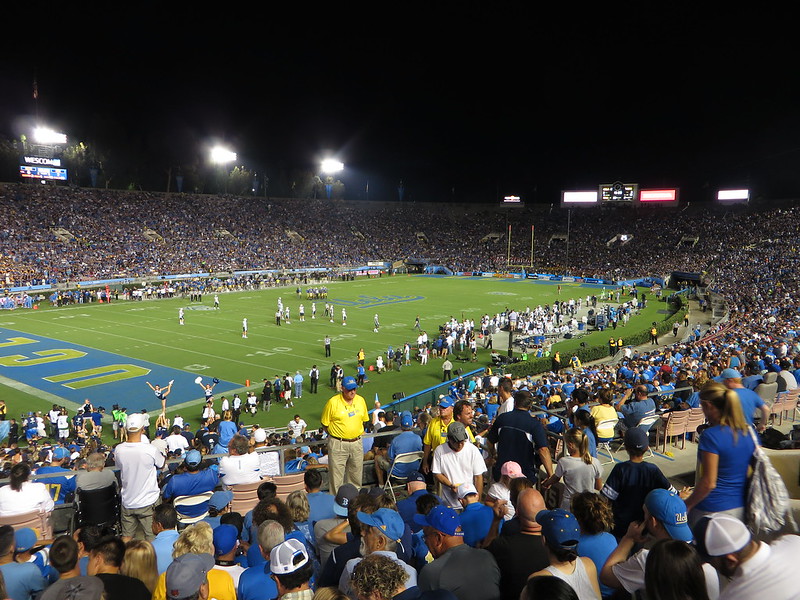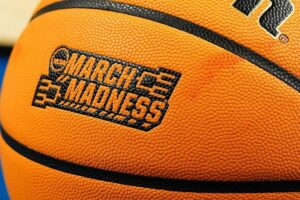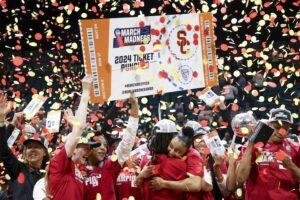NCAA Survey of US College Students Finds 60 Percent Participate in Sports Betting

Ever since the Supreme Court’s 2018 repeal of the Professional & Amateur Sports Protection Act of 1992 (PASPA) opened the door for legal sports betting, the relationships between newly legal markets and US college’s sports teams and students have been under increased scrutiny.
A new study from the National Collegiate Athletics Association (NCAA), who unsuccessfully defended PASPA in the 2018 court case that struck it down, has revealed the state of betting activity among college students five years later.
The study was conducted on behalf of the NCAA by the Open Diagnostics company. It looked at the opinions and self-reported actions of 1,702 American college students between ages 18 and 22. The headline stats included 60% of respondents affirming they regularly or sometimes engage in betting activities.
The study suggested a social aspect to sports betting among students. Those living on campus were more likely to bet, but overall, bet smaller amounts than peers living off campus.
Integrity of Competition
The NCAA survey did receive answers from some registered collegiate athletes. However, it was not a statistically significant number to extrapolate any trends.
The issue of athletes and team staff betting on games or communicating with bettors has been a hot button issue in recent months. In the beginning of May, the University of Alabama’s Crimson Tide baseball team head coach Brad Bohannon was fired after engaging in suspicious communications with bettors at an BetMGM sportsbook in Cincinnati.
“Ensuring the integrity of athletic competition is our highest priority, and for that purpose, the SEC monitors gambling activity through its relationship with U.S. Integrity and has done so since 2018,” said Southeastern Conference Commissioner Greg Sankey at the time.
“There must be zero tolerance for activity that puts into question the integrity of competition.”
Despite being prohibited in many legal sports betting markets, the NCAA study also found that 41% of bettors have placed a bet on their own school’s team.
Reasons for Betting
Researchers for the study also looked at betting habits and the reasons behind them. The major motivator for 59% of students surveyed, worrying for operators, was the potential to win money. Some 40.8% responded that they primarily bet on teams or players they liked to enhance the match experience.
Slightly less concerning for sportsbooks is that 79% of college students reported betting between $1 and $50 per bet – with the median at $10 to $20. Only 4.5% of students reported wagering more than $100 at a time.
Advertising sportsbooks at colleges has also been a topic of debate. PointsBet’s controversial agreement with the University of Colorado earlier this year is one example.
Regardless of public or regulator opinion, this report says 56.3% of students had seen an ad for legal sports betting in the past year. That includes physical ads, mobile, or inside a casino.
Concerningly, young Black or African American students were the most likely to engage in risky gambling behaviors. That’s defined as reporting a loss of $500 or more in one day and regular bets of $50 or more.
“While Black or African American respondents do not recall seeing advertising at a higher rate than other ethnic groups, they report the ads being much more effective at increasing their likelihood of betting on sports,” the report said.
“Sports betting has increased interest in sports of all kinds, including college sports, which is great for our fans. But the NCAA and everyone from coaches to athletics department staff and college presidents must better understand what impact sports betting may have on student-athletes,” said NCAA President Charlie Baker, signing off the report.











